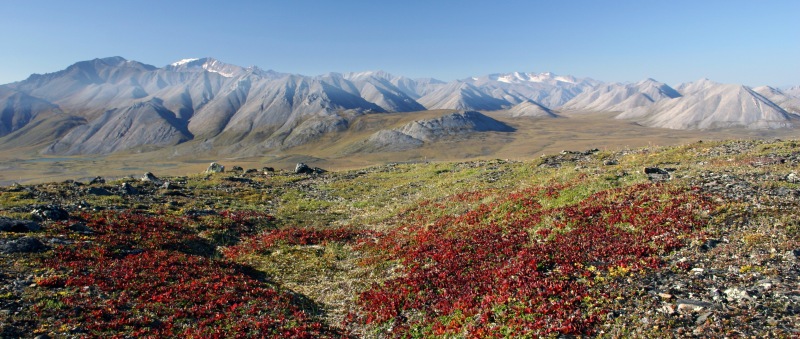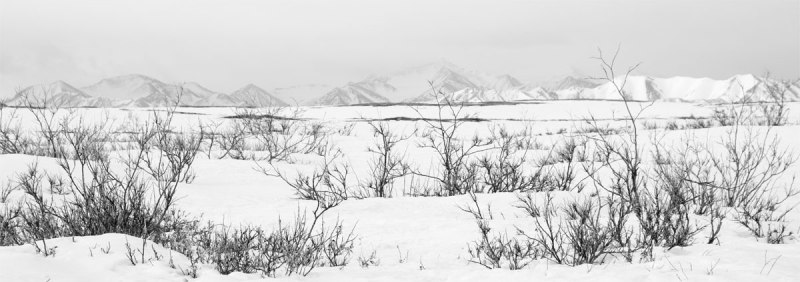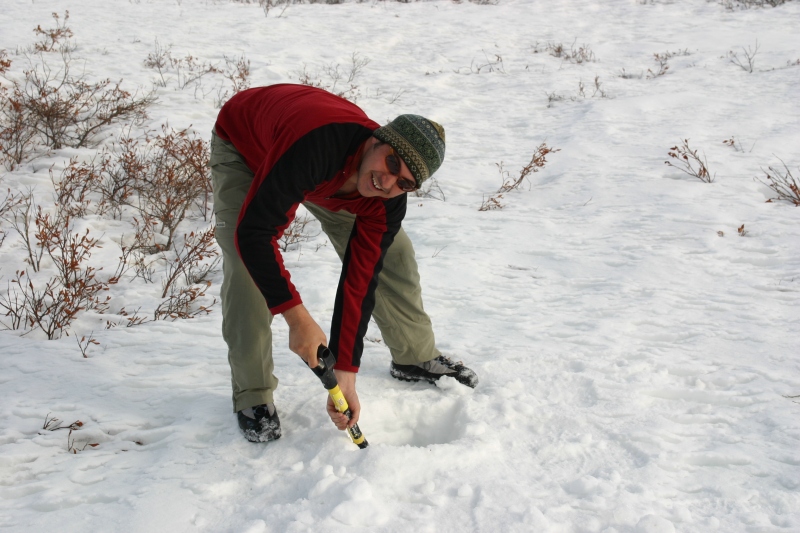
Arctic microbes, carbon sequestration, and warming temperatures
This article was originally published by Rachel Walker (Twitter: @rodellwalker) in Field Notes, an online newsletter blog for Polar Field Services. It is re-posted here with permission from the Field Notes staff. The original article can be found at the Field Notes blog. All photos (except the feature image) courtesy of Dr. Matthew Wallenstein.

Deep beneath the frozen surface of the Arctic lies an enormous stock of carbon locked into the soil. When that soil warms, as it is predicted to as a result of a warming climate, much of that carbon could be released into the atmosphere, further accelerating climate change. To date, most of the scientific research about this sequestered carbon has focused on how quickly the carbon will be emitted into the atmosphere, and what will be the consequences of such emissions.

Warmer climate, increased plant growth
But one scientist is looking at the situation from a different perspective. Dr. Matthew Wallenstein is researching how increased plant growth under a warmer climate might also increase the rate at which new carbon-rich soil is formed.
An assistant professor in the Department of Ecosystem Science and Sustainability and a research scientist with the Natural Resource Ecology Laboratory at Colorado State University’s Warner College of Natural Resources, Wallenstein has received two grants to conduct a five-year study on how increasing temperatures alter the complex interactions between plant communities and soil microorganisms. The grants are from the U.S. Department of Energy’s Office of Biological and Environmental Research, and the National Science Foundation’s prestigious CAREER program.
Vegetation’s impact on microbe communities
As the climate warms, plants will produce more biomass, and that growth could counteract the release of sequestered carbon from thawing permafrost.
“The critical question is not how much carbon will be lost, but how much new soil organic matter will be stored in the ecosystem,” said Wallenstein.
Microorganisms in the Arctic
A major component of his research will concentrate on the importance of microorganisms, said Wallenstein.
“I want to understand how this incredibly diverse community of bacteria, fungi and archaea are functioning,” he said. “It’s relatively routine to identify the microbial taxa, but it’s much harder to make sense of this diversity and understand what they are doing.”
The research findings will enable scientists to better forecast and preemptively manage potential environmental challenges looming in the Arctic.
“My hope is to improve our understanding of how the interactions of plants and soil microbes determine changes in processes that ultimately lead to the delivery of carbon and nutrients to the ocean and the atmosphere,” said Wallenstein.
Arctic Carbon Deposits
Arctic carbon deposits have become a focal point for climate change research, as the frozen stores could be released by warming temperatures, further accelerating climate change. Additionally, the abundance of shrubs has been steadily increasing across the Arctic region, changing the chemistry of the Arctic soil.
Methodology

Wallenstein’s five-year project will involve both field-based and laboratory experiments, and will also integrate research into education and outreach programs for undergraduates and graduate students.
A Scientist to Watch
According to the National Science Foundation, Early CAREER Awards are “the National Science Foundation’s most prestigious awards in support of junior faculty who exemplify the role of teacher-scholars through outstanding research, excellent education and the integration of education and research within the context of the mission of their organizations.”
Feature image credit: timothy.actwell via Compfight CC Attribution 2.0 license